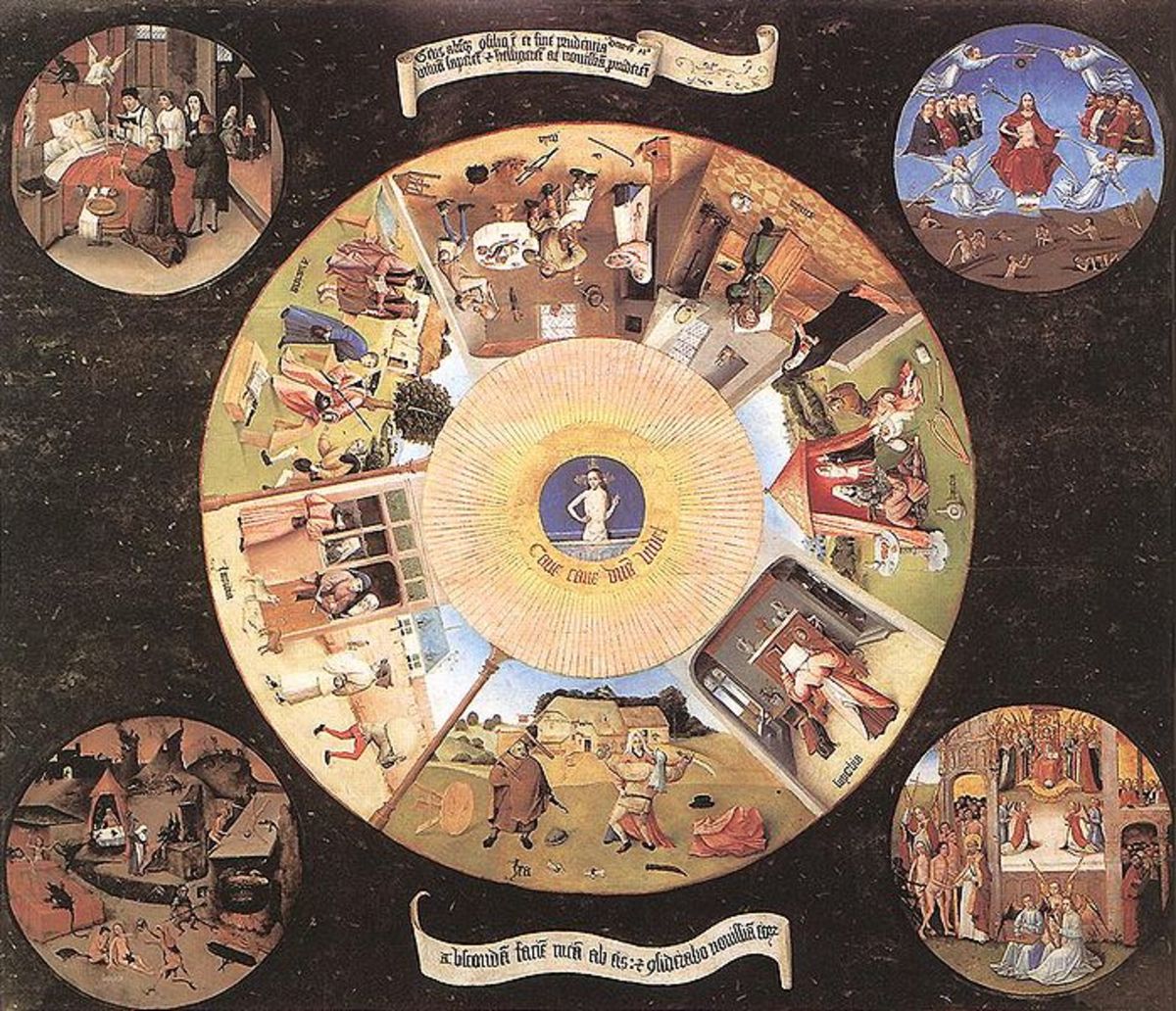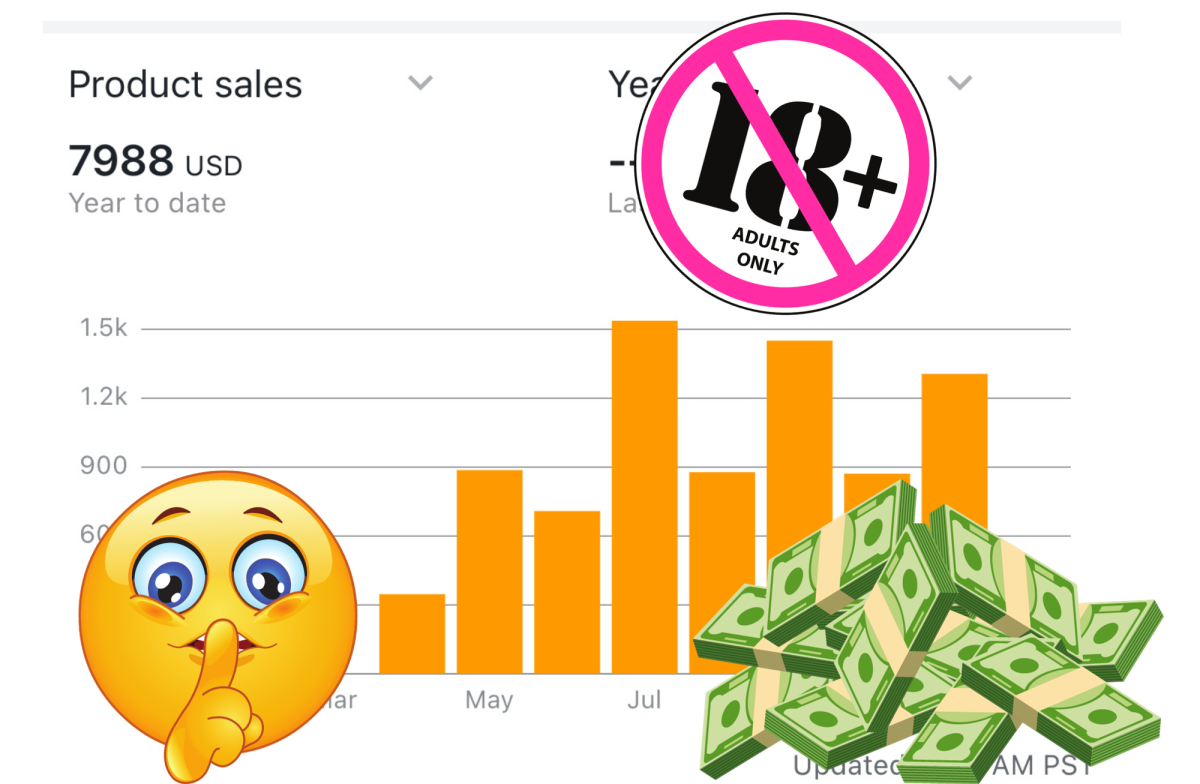Learn everything about The Sharing Economy in 5 minutes
Guess what, the sharing economy or peer economy or collaborative economy, anything you call, is not a new concept. Take it on a simple level, we humans have been sharing since the first day of human history. That barter trading is somehow similar to how the buzzword “sharing economy” works. Let’s explore today’s interesting topic. You surely learn new things within just 5 minutes.
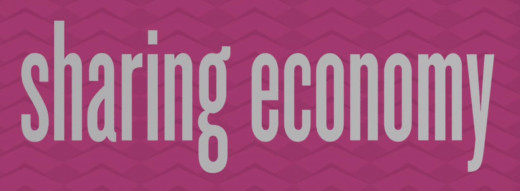
1. Definition
There is no clear definition of the Sharing or Peer-to-peer economy, and there should not be, because there are no points fighting for the definition and lost in that maze (the Marketing professors did that). So, please do not fist on when reading this definition, because all I want to do is to clarify the idea. One can have any definition for things, and I won’t fight for that.
Basically, the sharing or peer-to-peer economy is a social and economic system that is developed from the sharing of people and resources. In this ecosystem, different individuals and organizations share whatever they are to able to share, whether it is production, distribution, goods, services or any forms of valuable resources.
The sharing or peer-to-peer economy has become a buzzword among the Silicon Valley and entrepreneurial community since the series of successful (more exactly, noticeable) start-up launches, such as Uber or Airbnb. Though only at the beginning stage, it draws out a vision where our society and economics will revolve around the sharing idea.
The Sharing Model consists of many sub-models:
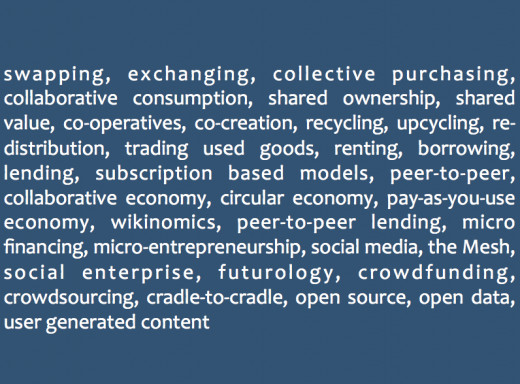

As shown on the word picture above, you can realize many current popular organizations and business are sharing-based. Facebook, Twitter, Hubpages, Wikipedia, Kickstarter or Uber take part in the list. Isn't it surprising to realize that our life is now revolving around the sharing concept?
2. The Growth of Sharing Economy
Everyday, nearly 1 million trips were made via UBER worldwide. The app start-up has spread like fire from the Silicon Valley all the way to developing countries, like Vietnam and Myanmar. Or Airbnb, which was born in 2008, is the world entrepreneurial phenomenon. The idea is to let any individual borrow or rent others’ goods, whether it is a bedroom, a bicycle or a piece of furniture. 2.5 million is the number of new Airbnb users in 2012. And it isn’t going to stop. The app grows its branches rapidly like UBER. Both of these noticeable businesses show the huge potential of sharing model, where resources are “shared” or the more correct word (because we have to pay) “accessed” in a much more efficient way
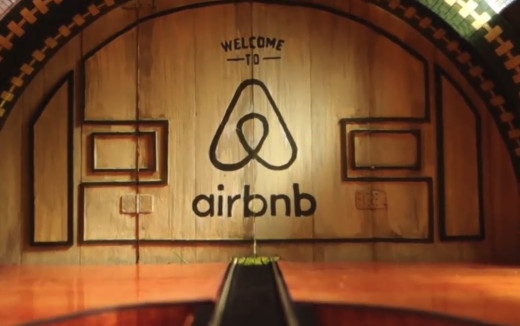
You might think that it is similar to you renting your resources to other people, but the difference here is the administration or transaction costs are hugely decreased. The peer-to-peer model can be done thanks to technology, which flattens the world. Now, the marketplace is in everyone’s hand, literally. Just some touch with the smartphones, we are already in the 24/24 world market where everything is available for sales and people are there waiting for your sales. Just remember back ( or imagine) the time before such marketplace, it is physically and financially drained to find someone to rent our room, let alone renting our parking space or an expensive tool. Now, with that digital marketplace in hand, we can even rent our chair or table, or seek such things to borrow at a very reasonable fee.
Sharing or collaborative model has several outstanding benefits. To the owners, they can make better use of their resources by making money out of them and distributing the resources to those who need. For example, on average, car owners using RelayRides can earn around $300 a month without actually spending on anything substantial, including effort and time. Meanwhile, to the borrowers, resources, which were only available under rigid usage binding or high costs before, now can be accessed affordably and flexibly. On a socio-economic scale, wastes can be eliminated via the sharing model, leading to more efficient use of resources and less damage to the environment.
Did I tell you or not that Social Network like Facebook and Linkedin is also a Sharing model that we are talking about? Yep, it is a peer-to-peer network, where the content and … everything is created by the users themselves. The social network businesses act as a platform or we can call it market place that bring those who provide things (content) and those who need things (content).
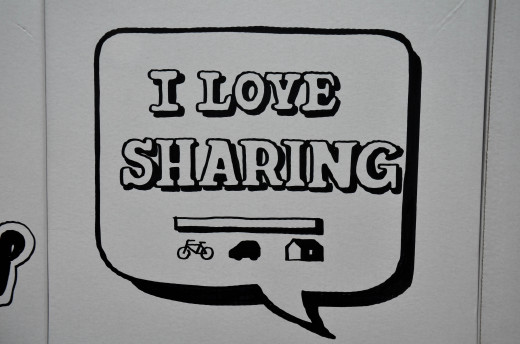
3. What's the future of sharing economy?
The sharing economy is happening. Look at how the best businesses run nowadays and how the best brands do their marketing. Those innovative leaders are aware of this near vision and are already prepared for it. Whether it is Facebook or Airbnb, giant smart companies all step in to grasp their share. Interestingly, for some industry, the sharing model will become another distribution channel for the existing companies. For example, Avis as a car-renting service has stepped into the peer-to-peer model to secure its market.
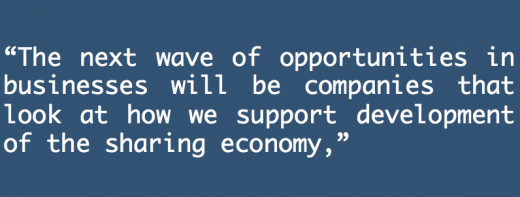
Businesses now have to stand in the customers’ shoes more than ever. They have to become another peer in the peer-to-peer network in order to create appeal. This change in the future is not a threat, but a neutral event to all businesses. It is the problem of whether businesses are flexible enough and adaptive enough to exploit the new opportunities that a sharing economy might bring.
4. Is sharing economy another uptopia?
Doesn’t it sound nice that we can turn inactive useful capital into money-making device? Doesn’t it sound nice that communication now is so easy and the gap between all relationship, such as business and consumers, recruiters and employees, and even teachers and students, is closing dramatically. Unfortunately, there is one flaw in that. Supposed that everyone shares what they have in a sharing economy without actually working for it, then who will be the ones to generate those resources. This might turn many into full-time hustlers. In fact, one reason why UBER or Airbnb is so successful comes from the stale economy, which makes everyone seek for the extra way to make the extra money. So, in terms of social and economic development, it is not a good approach to solve unemployment issue.
UBER, an annoying start-up that gets banned around the globe
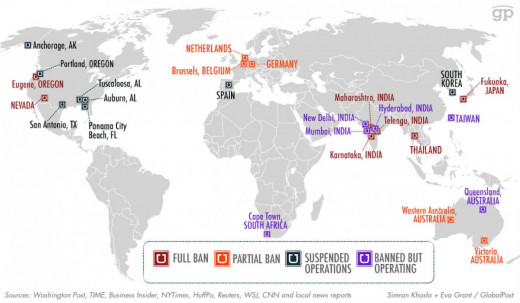
On the government view, it is a challenging task, especially when it comes to collecting tax. How tax payment can be decided if people are “sharing” with each other on individual, not business level? In some cases, like UBER, the thriving of the peer-to-peer model threatens the existing economy. This model gains unfair competitive advantage, because it doesn’t carry the hard part (tax, regulation, paper, etc.) of a normal business-to-business company. In addition, there are many problems arising from the freedom this model gives. In low regulated economy, customers' rights will suffer more risks, as no law is available to make ensure the quality. Somewhere in India, there were cases of sexual assault due to low control of Uber. Somewhere in the US, owners' house was turned into a nasty place after renting it to a party thrower via Airbnb.
The change that this new economy concept is so rapid that all government do not have time to put all of these into official regulation. Thus, with certainty, I predict that these regulation holes will continue to be exploited. There is being a build-up of the sharing economy around the world, and we need a tension point that breaks its cover glasses. No one knows what can happen.





